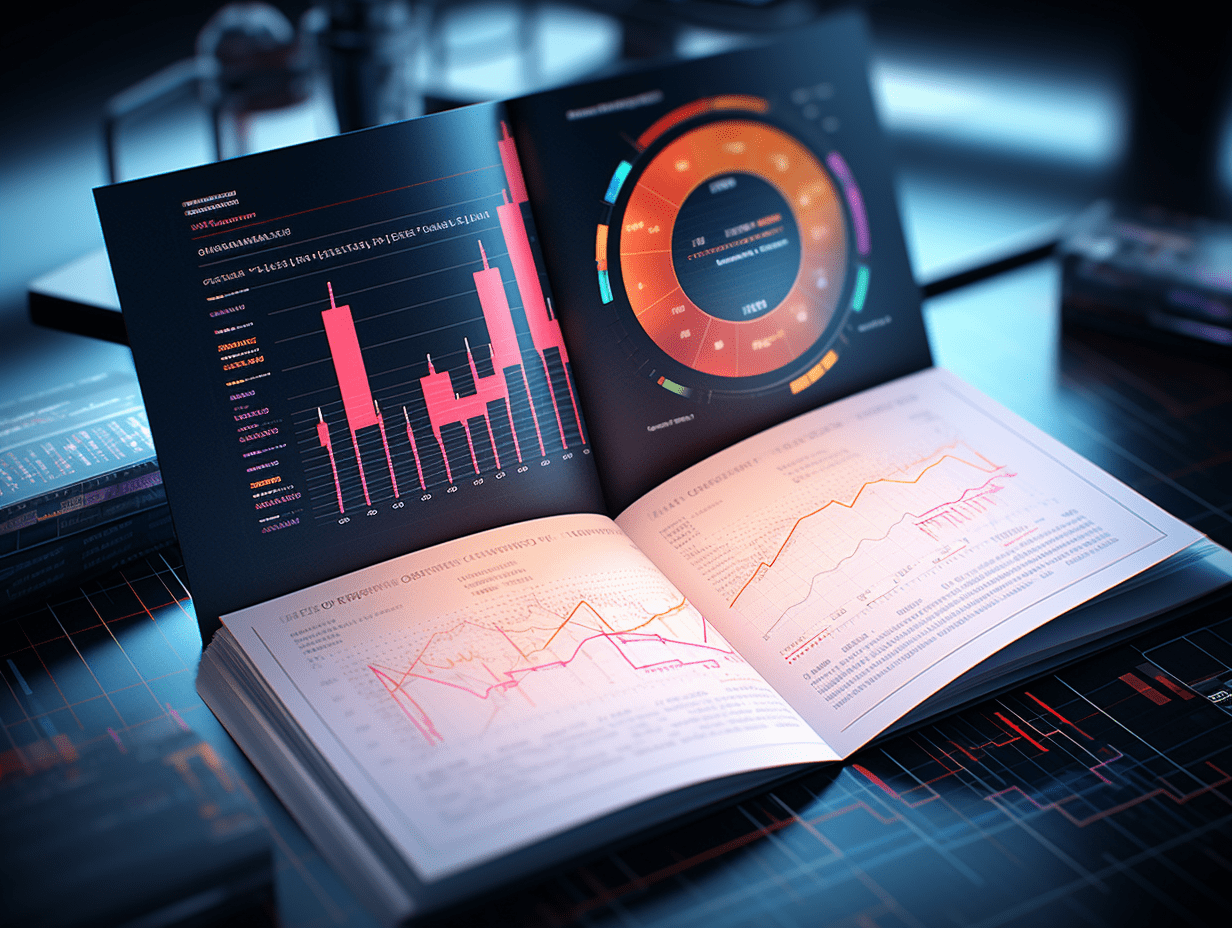Buy signal given by the indicator favored by Buffett, is it time to buy at the bottom?
Few investors would overlook the measuring tools recommended by Buffett, after all, he is renowned for "buying low".
Data shows that a key valuation indicator, endorsed by the "Stock God" Buffett, is sending a signal that the U.S. stock market is "relatively cheap," further supporting the widely held view in the market that there is still room for strong rebound and upward movement in the U.S. stock market.
Media reports that this valuation tool, known as the "Buffett Indicator," measures the ratio of the total market value of the Wilshire 5000 Index to the total gross domestic product (GDP) of the United States. Despite a significant increase in the stock market in recent weeks, the indicator is currently at its lowest level since early September last year.
Buffett has stated that the "single best measure of valuation" is the ratio between the total market value of listed U.S. companies and U.S. GDP. This indicator issued a warning when it surged to historical highs at the end of last year, with levels similar to the market highs in 2021 and before the bursting of the internet bubble in 2000.
Currently, the indicator is around 180%, roughly similar to the level during the brief but intense sell-off following the unwinding of the Japanese yen carry trade last year, which paved the way for the strong rebound of the S&P 500 index in the last few months of 2024.
Adam Sarhan, founder of 50 Park Investments, stated that he has recently bought large-cap tech stocks in large quantities:
"This is a very important indicator, as it can help traders determine when to enter the market and buy stocks. Although global trade wars are still a concern, investors will choose to 'buy, buy, buy' in the current context of significantly lower valuations if Trump no longer takes a tough stance on tariffs."
Against the backdrop of significant market fluctuations this year, the importance of various valuation indicators has greatly increased. Investors are trying to assess whether the recent sell-off due to tariffs has made stock prices relatively more attractive compared to fundamentals. However, the S&P 500 index has already rebounded by 12% since its April low, leaving market traders in a dilemma: whether to bet on the market momentum continuing to push the index higher, or to increase hedging and bet on a market pullback. The index is still down nearly 9% from its peak in February.
In addition to uncertainty surrounding Trump's trade war, investors are also preparing for the upcoming earnings season and next week's Fed meeting, events that could be key catalysts for determining market trends.
Despite this, the indicator is still higher than the levels seen during past market bottoms, such as the sell-off at the beginning of the COVID-19 pandemic in 2020, when the indicator briefly fell to near 100%. Other commonly used valuation indicators also show similar trends. For example, the current forward price-to-earnings ratio for the S&P 500 is 20.6 times, a decrease of about 8% from the beginning of the year, but still higher than the 10-year average of 18.6 times.
Critics argue that the "Buffett Indicator" has certain limitations, such as not taking into account the impact of high interest rates, as higher borrowing costs can erode corporate profits and put pressure on stock prices. Some strategists also believe that valuation is not a good tool for timing market trends, as assets can remain overvalued or undervalued for a long time without an immediate price correction.
Despite this, few investors would ignore the measuring tool endorsed by Buffett, given his reputation for "buying low." Traders are eagerly anticipating Berkshire's annual meeting on Saturday, partly to see if Buffett has begun to use the record $321 billion cash reserve reported by the company to pick up bargains in a bear market.
This shareholder meeting may be one of Buffett's last appearances. In a shareholder letter released at the beginning of the year, he stated, "I will not be CEO for much longer," hinting that Greg Abel, the current Vice Chairman of Berkshire, may succeed him.
Scott Colyer, CEO of Advisors Asset Management, stated,
"Buffett has always been a long-term investor, and how he views the economic outlook this time, as well as whether the cheap valuation truly prompts him to use vast amounts of cash to buy stocks, will be crucial."
This article is sourced from Wall Street News, author Zhao Yuhe; GMTEight editor: Wenwen.
Related Articles

California Governor: California continues to "keep its trade doors open" to China.

2025 Berkshire Hathaway shareholders meeting summary: Buffett talks about "retirement", trade, cash deployment, American exceptionalism, US stock market volatility.

Net profit greatly reduced? Let's look at Berkshire management's analysis of the financial condition and operating results for Q1 2025.
California Governor: California continues to "keep its trade doors open" to China.

2025 Berkshire Hathaway shareholders meeting summary: Buffett talks about "retirement", trade, cash deployment, American exceptionalism, US stock market volatility.

Net profit greatly reduced? Let's look at Berkshire management's analysis of the financial condition and operating results for Q1 2025.

RECOMMEND

Berkshire Hathaway Shareholders Meeting Q&A Live: Buffett Talks about Trade, Japan, and Cash Deployment in 2025.
03/05/2025

Why has net profit significantly decreased? Berkshire Hathaway (BRK.A.US) 2025 Q1 management discussion and analysis of financial condition and operating results.
03/05/2025

Buffett's designated successor - Who is Greg Abel? Can he continue the legend of the "Stock God" Buffett?
03/05/2025


